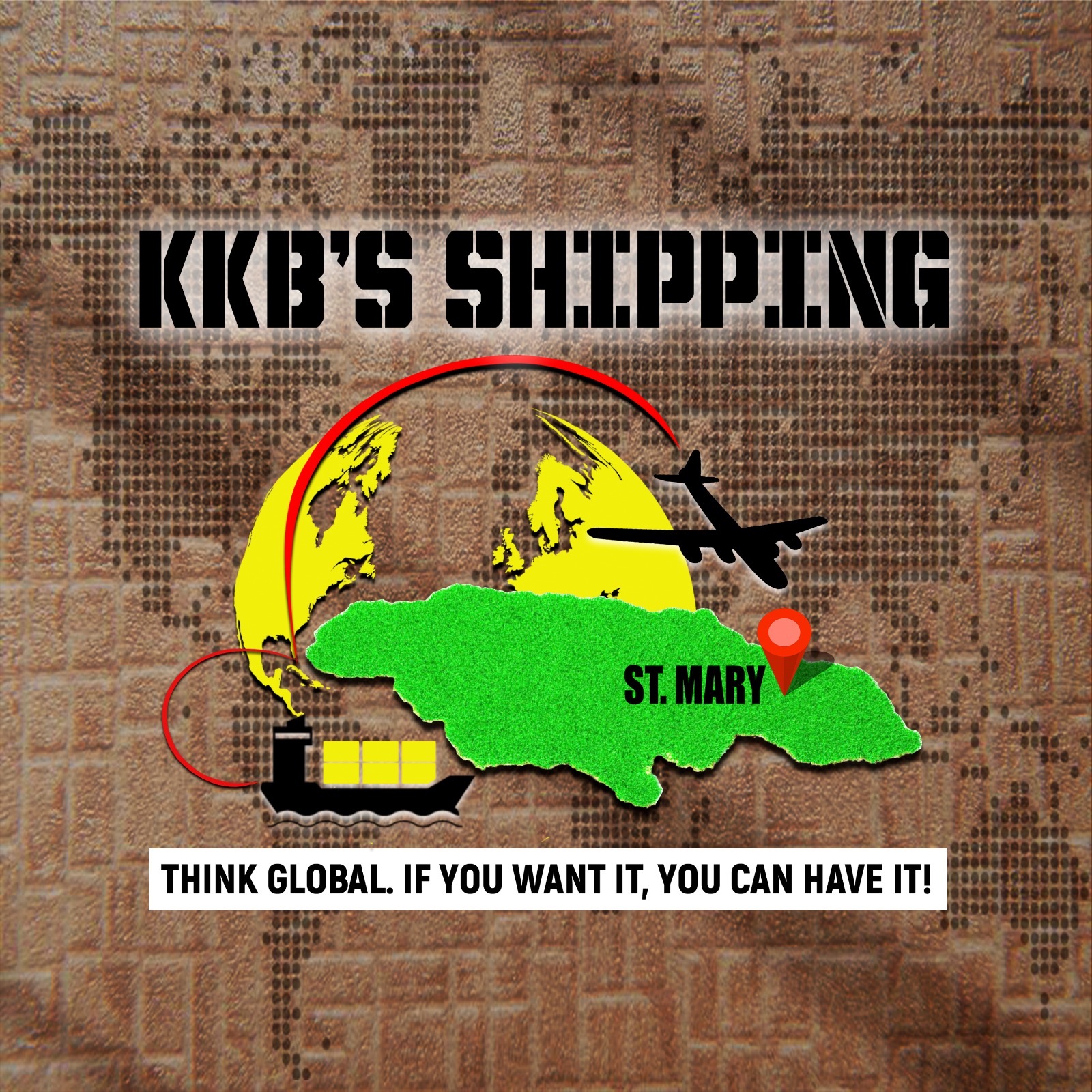VDR providers facilitate management and data sharing for any kind of business transactions. They enable companies to securely store, discuss, and collaborate on papers related to M&A due diligence, agreements, financial deals, and more.
Security and Compliance Standards
A great VDR hosting company should provide you with high-level security, which include FedRAMP official certification, a variety of compliance and authentication options, and user permissions that are versatile. They should in addition have advanced or spyware and ransomware protection, granular control of record versions, and multiple amounts of access.
Individual Experience and Collaboration Equipment
A modern VDR should have an excellent user encounter, robust search, editing, activities and posting across systems, third-party integrations, and unlimited storage space. They should also have a range of accounts and stats for administrators to track user activity, including file suggestions, downloads, edits, and time of action.
Report Processing Features
A good VDR should have a range of scanning and text detection options that can identify many record types, which includes PDFs. These kinds of features can help gurus and other people find data files in a info room quickly.
Customer Support and Training
A dependable virtual data room provider needs to have a reliable customer care workforce. These teams should be able to answer questions, www.medialegislation.org/the-flexibility-with-virtual-data-room-software/ help with new VDR technology installation, and help users configure advanced functions and workflows.
Price and User friendliness
A reliable VDR should offer a wide range of capabilities, such as a comprehensive list of application options, just one sign-on for all those projects, a convenient scroll-through to navigate among thousands of documents, and effective digital rights control. They should also be easy to use and have a simple program that can be used by everyone in your company.
